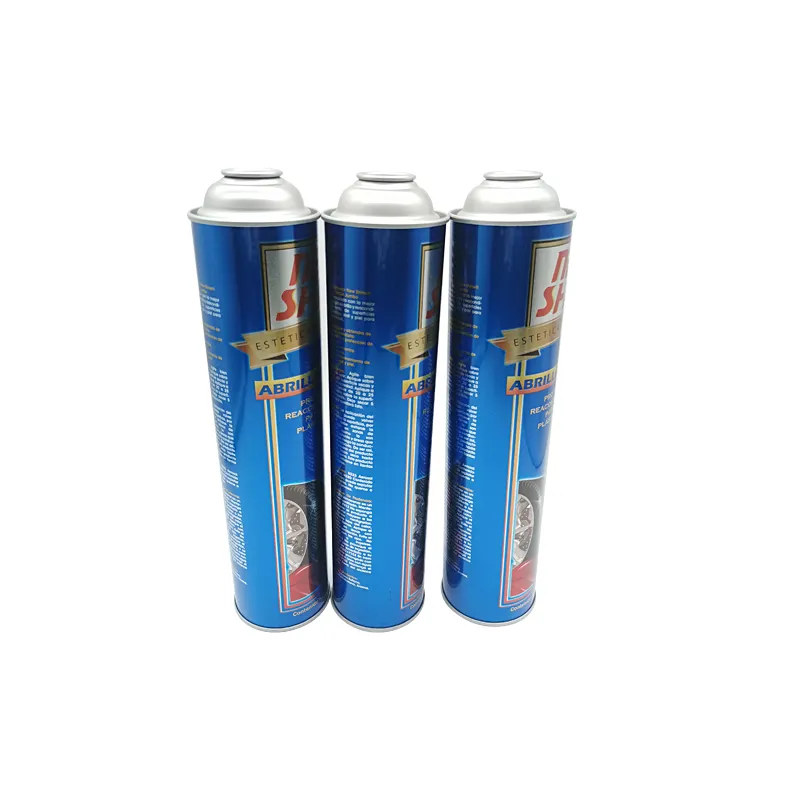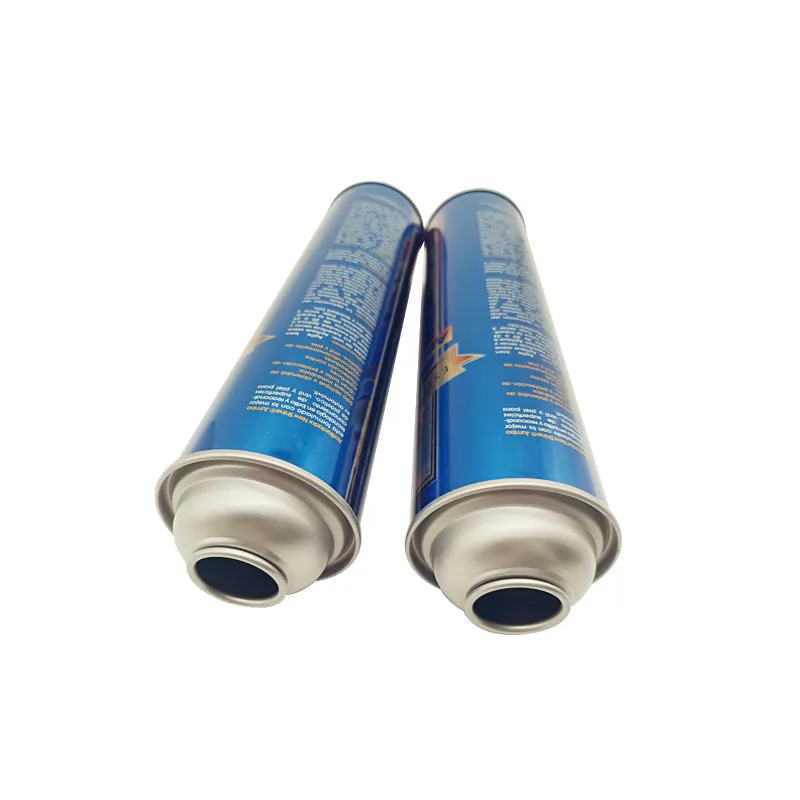With the popularity of air travel, more and more people choose airplanes as a way of travel. However, when preparing their luggage, passengers often find that some daily necessities are prohibited or require special handling, including aerosol tin cans.
Why can't you take aerosol tin cans on an airplane? This article will explain the reasons for this ban in detail from the aspects of safety hazards, aviation regulations and actual cases, and provide suggestions for safe travel.

Composition and potential risks of aerosol tin cans
Aerosol tin cans (Aerosol Can) is a common daily necessity, widely used in personal care, cleaning, medicine and other fields. Its main components include cans, propellants, valves and contents. Due to the special structure and composition of aerosol tin cans, there are certain safety hazards in air transportation.
1. Danger of propellants
The propellants in aerosol tin cans are usually compressed gases or liquefied gases, such as propane, butane, dimethyl ether, etc. These propellants have the following dangerous characteristics:
● Flammability: Many propellants are flammable gases, which can easily cause combustion or even explosion when encountering fire or high temperature.
● High pressure: Aerosol tin cans are filled with high-pressure gas. Under high temperature or severe vibration, the can may rupture, causing the contents to spray out, posing a safety hazard.
2. The particularity of the aircraft environment
During the flight, the aircraft will experience drastic changes in air pressure and temperature fluctuations. Especially when flying at high altitudes, the external pressure is significantly reduced, while the aircraft maintains a relatively stable pressure and temperature. This environmental change poses the following threats to aerosol tin cans:
● Pressure difference causes explosion: High-pressure gas is easy to expand when the air pressure decreases. If the can is of poor quality or damaged, it may cause an explosion.
● Temperature fluctuation affects stability: High temperature environment will increase the internal pressure of aerosol tin cans, further increasing the risk of explosion.

International Air Transport Association (IATA) and national aviation regulations
The International Air Transport Association (IATA) and national civil aviation administrations have formulated strict aviation safety regulations that prohibit or restrict the carrying of aerosol tin cans on board. These regulations are mainly based on the assessment of the potential risks of aerosol tin cans and are intended to ensure flight safety.
1. IATA regulations
The IATA Dangerous Goods Regulations clearly stipulate that aerosol tin cans are dangerous goods and are generally prohibited from being carried on board. In certain specific cases, passengers can carry a small amount of aerosol tin cans for personal care and medical use, provided that they comply with the regulations, but the following requirements must be met:
● Capacity limit: The capacity of each can must not exceed 100 ml and the total amount must not exceed 1 liter.
● Packaging requirements: It must be placed in a transparent plastic bag that complies with the regulations, and each person is limited to carrying one plastic bag.
2. National aviation regulations
National civil aviation administrations have also formulated similar regulations. For example, the U.S. Transportation Security Administration (TSA) and the European Aviation Safety Agency (EASA) both prohibit the carrying of large-volume or non-personal care aerosol tin cans on board. If passengers need to carry medical aerosol tin cans, they must declare it in advance and obtain approval from the airline.
Actual case analysis
There have been many aviation safety incidents caused by aerosol tin cans in history, and these cases further confirm the necessity of prohibiting the carrying of aerosol tin cans.
1. Hawaiian Airlines incident in 2007
In 2007, an aerosol tin can exploded during the flight on a flight to Hawaii. The aerosol tin cans carried by a passenger exploded in the air due to pressure difference and high temperature expansion. Fortunately, no casualties were caused, but the incident caused chaos and panic in the cabin. Subsequent investigations showed that the exploded aerosol tin cans were contraband, and the passengers did not declare and check them in according to regulations.
2. Australian flight incident in 2015
In 2015, a flight from Sydney to Melbourne triggered a fire alarm due to aerosol tin cans leak during the flight, causing the flight to make an emergency landing. The leaked aerosol tin cans are prohibited items in cabin baggage, and the passenger's illegal carrying was not discovered. The incident triggered a review and improvement of airport security procedures.

Safe travel suggestions
To ensure flight safety, passengers should strictly abide by the relevant regulations of the airline when carrying luggage. Here are some safe travel suggestions:
1. Know the airline regulations in advance
Different airlines may have different regulations on carrying aerosol tin cans. Passengers should check the airline's baggage policy in advance to ensure that they understand and comply with the relevant regulations.
2. Reasonable packaging and declaration
If you need to carry aerosol tin cans for personal care or medicine, you should ensure that their capacity meets the regulations and package and declare them as required. Actively inform the security personnel during the security check so that necessary inspections and confirmations can be carried out.
3. Consider alternatives
Try to choose alternatives that do not contain aerosol tin cans, such as personal care products and medicines in solid or liquid form, to reduce the need to carry aerosol tin cans and reduce safety risks.
4. Proper consignment
For unavoidable aerosol tin cans, it is recommended to transport them by consignment and ensure that the packaging is stable to avoid impact or damage during transportation.
Conclusion
The prohibition of carrying aerosol tin cans on board is based on the needs of aviation safety and aims to prevent safety hazards such as explosions and leaks caused by changes in air pressure and temperature. It is the responsibility of every passenger to understand the composition and potential risks of aerosol tin cans and comply with aviation laws and safety regulations.

